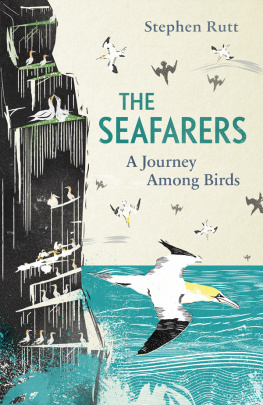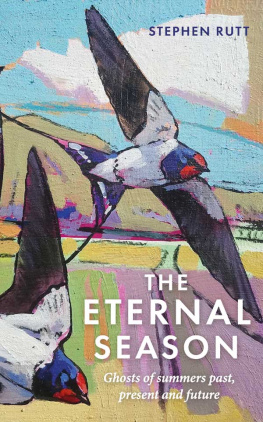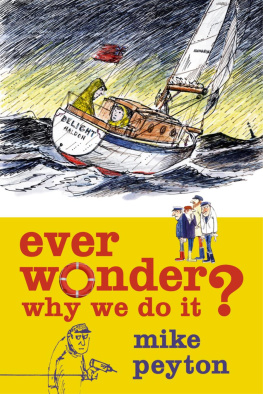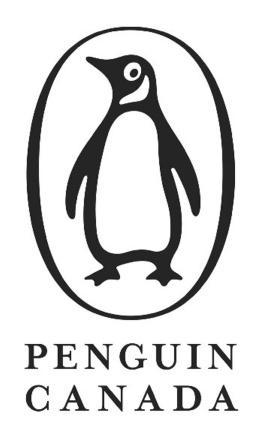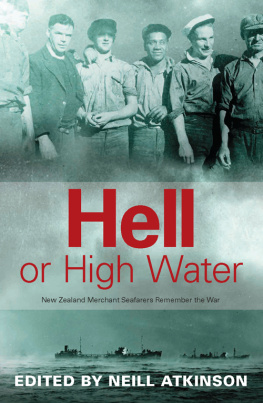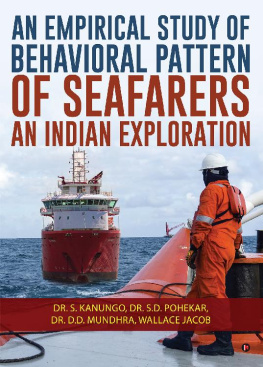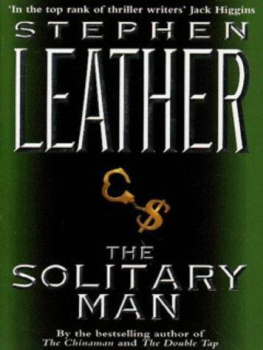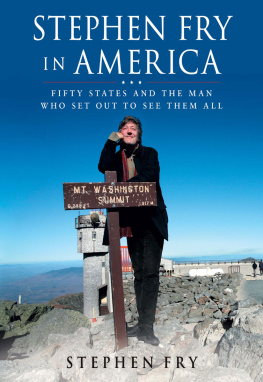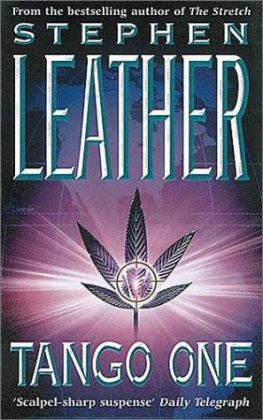Stephen Rutt - The Seafarers
Here you can read online Stephen Rutt - The Seafarers full text of the book (entire story) in english for free. Download pdf and epub, get meaning, cover and reviews about this ebook. year: 2021, publisher: Elliott & Thompson, genre: Detective and thriller. Description of the work, (preface) as well as reviews are available. Best literature library LitArk.com created for fans of good reading and offers a wide selection of genres:
Romance novel
Science fiction
Adventure
Detective
Science
History
Home and family
Prose
Art
Politics
Computer
Non-fiction
Religion
Business
Children
Humor
Choose a favorite category and find really read worthwhile books. Enjoy immersion in the world of imagination, feel the emotions of the characters or learn something new for yourself, make an fascinating discovery.
- Book:The Seafarers
- Author:
- Publisher:Elliott & Thompson
- Genre:
- Year:2021
- Rating:3 / 5
- Favourites:Add to favourites
- Your mark:
- 60
- 1
- 2
- 3
- 4
- 5
The Seafarers: summary, description and annotation
We offer to read an annotation, description, summary or preface (depends on what the author of the book "The Seafarers" wrote himself). If you haven't found the necessary information about the book — write in the comments, we will try to find it.
The Seafarers — read online for free the complete book (whole text) full work
Below is the text of the book, divided by pages. System saving the place of the last page read, allows you to conveniently read the book "The Seafarers" online for free, without having to search again every time where you left off. Put a bookmark, and you can go to the page where you finished reading at any time.
Font size:
Interval:
Bookmark:

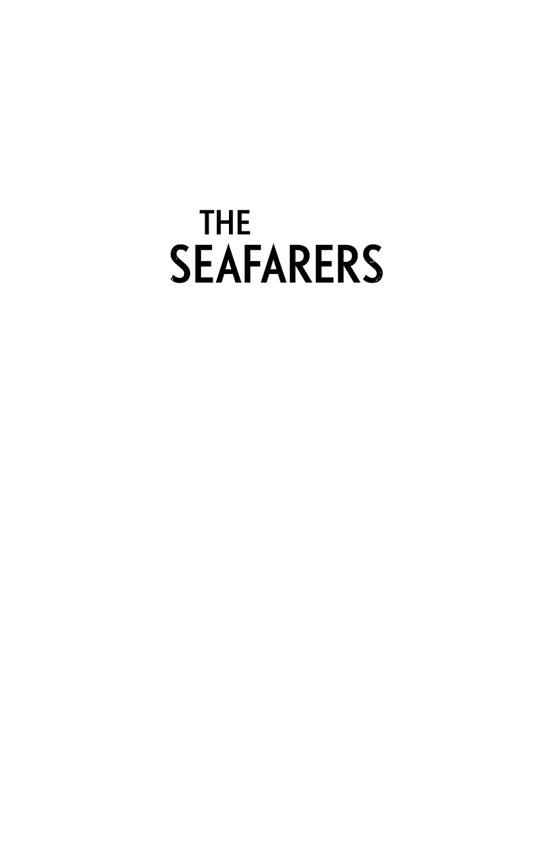

For M.C.
Praise for The Seafarers:
The writing lures you in, making you feel that you too might benefit from venturing out in inclement weather, just on the off-chance of seeing something remarkable on the wing to lift your spirits
The National
An arrestingly vivid turn of phrase... An accomplished debut from an exciting new voice in nature writing.
The Countryman magazine
An evocative book... I could taste the salt on my lips and smell the perfume of storm petrels. The Seafarers is a pelagic poem about the birds that exist at the coastal edges of our islands and consciousness. The stories of these hardy birds entwine seamlessly with Stephen Rutts personal journey to form a narrative as natural and flowing as the passage of shearwater along the face
of Atlantic rollers
Jon Dunn, author of Orchid Summer
A beautifully illuminating portrait of lives lived largely on the wing and at sea... In this intimate guide to the wild beauty and complexity of seabirds, Stephen Rutt has written a powerful chronicle of resilience and fragility
Julian Hoffman, author of Irreplaceable and The Small Heart of Things
Praise for Wintering: A Season With Geese
Stephen Rutt urges us to look again at these large, garrulous birds... A poignant testament to how we can find peace in the rhythms of the natural world... With the arrival of geese comes winter and with their departure we receive a symbolic promise that summer will come again.
The Times, Books of the Year 2019
A wistful, lovingly essayed volume. Illuminating history and descriptive nature writing make Wintering an understated gem for the festive season.
Waterstones.com, Gifts for Nature Lovers
Rutts dreamy prose is as cool and elegant as the season he charts. His love for them shines throughout a seamless blend of field observations and cultural history, framed by his continuing journey towards discovering solace and sense in nature.
Jon Dunn, BBC Wildlife
There are undoubtedly health benefits of spending time with wild creatures and I am uplifted by this book and peer upwards searching for a first view of a skein of geese flying overhead to their wintering grounds not far from me. I will never look at geese the same again. Strangely, I cant wait for winter.
Caught by the River
From Dumfriesshires spectacular skeins of pink-footed geese to the elusive brant, these extraordinary visitors are explored in this beautifully presented book.
Belfast Telegraph
T he wind is gale-force and has travelled over nothing but sea since Greenland to greet me here. Early March is not an auspicious time to arrive in the northern isles of Scotland. Standing on the airport tarmac at Kirkwall in Orkney, I feel the coldness of it skimming in along the island coast. I feel the insistence of it. The way it isnt stopping at my new coat, but cuts through nylon, fleece, jeans, skin, bone. My flight is to be on the smallest plane I have ever seen. One propeller on each toy wing: two seats wide, four seats long. It is half full, which Id later learn was busy for the time. Evidently rush hour is different up here. Flying is, too: I give my name without being asked, offer to show my printed ticket, some ID none of it needed. We walk over the runway, duck under the wing and clamber in.
Engine rumbles. Propellers flicker. Seat shakes. Propellers spin, strobing in the corner of each eye. The judder the wave of sickness that accompanies sudden motion. We begin to taxi. I run out of options to turn around. I cant go back. I think this might be the most terrifying moment. And then the plane takes off, curving up into the grey above Kirkwall and then it judders and shakes as it hits the wind. I am wrong. I spend the short flight with my fingers crossed, my heart racing, one eye shut and not daring to look, the other wide open, staring at the spindrift racing from the waves. From above, the sea looks dark and frantic, bracketed by tiny green strips of land, the elongated peninsulas and isthmuses of the strangely shaped islands of Orkney. I see white beaches, wide bays, a gannet. Land stretched and warped and frayed. I see the big rocky coast of the island we are landing at. A speck alone, beyond the rest. I see the airstrip, a brown line in a green field, behind a red fence. And I am baffled at why we are coming in sideways.
I see the strata of the rock approaching. I cant take my eye off the rocks, coming close, closer, then the pilot accelerates the nose spins and the wheels thump into the grass of North Ronaldsay.
I breathe for what feels like the first time.

Some stories have long roots. The roots of this story stretch back over a decade to a teenage me, standing by a bush, at dusk, with my dad. I had said I wanted to go for a walk and he had taken me to Minsmere, the RSPBs site of ornithological pilgrimage on the Suffolk coast. We were listening to a Cettis warbler, an explosive drumroll of a song, delivered shyly from the deepest undergrowth. This one jumped into a sapling: scrubby and bare, it couldnt hide the small brown bird. Dad, phlegmatic almost all of the time, dissolved in excitement. It was the first hed seen in a lifetime of birding. I was swept up in all of it the deep peace of the reedbed rolling away to the horizon, the mud up the back of my calves, unexpected encounters with small, brown, extraordinary birds. From that moment on, I was guided by birds.
Birds were my awakening to the world outside. Birding teaches you to be aware of subtle distinctions that signify differences. Whether it was the leg colour or a few millimetres difference in wing length that enabled me to tell two common warblers apart, or the presence of a wing-bar that revealed it to be extremely rare. Whether I was standing in an overgrazed field, a set-aside field or a meadow rich in life that an owl would soon fly over through the thick light of dusk. Whether the wind in October was coming from the north and my day out would be cold and boring, or whether it was coming from the east and it would be cold and rich in potential. It made me pay attention, not just to these things, but to how and when they change. Whether my first swallow of the year was in March or May and why. Birding forces you to pay attention to the world as it happens around you and gives you a way of decoding it.
Before I became a birder, I was briefly a fisherman. While sitting behind a rod, fruitlessly waiting, I never thought about global warming, the rise in sea levels, or how the algae in the bay of the lake might be caused by the run-off of unpronounceable agro-chemicals with startling side effects. Fishing taught me futility that things will probably not go your way. Birding taught me to look at and think about the outside world, to engage with the landscape and all it holds.
There is a gentle art to birding. By which I mean there is no correct way to do it. You can go outside for days or just glance out of a window, notice something, and carry on, your day having become slightly wilder, slightly more interesting than it might otherwise have been. It requires no basic equipment other than your own senses and a desire to notice and to know. Birding makes no demands of you other than these. It is gentle because you cant force it. It is more productive not to, better to slow down to the speed of the landscape and blend with it. It is an art because there is no set route, no magic key to finding or knowing a bird. To recognise one requires a myriad of moment-specific considerations. And much of it can be done by intuition the application of experience rather than rules. You never stop learning. It can open you up to things either extraordinarily beautiful or extraordinarily depressing.
Font size:
Interval:
Bookmark:
Similar books «The Seafarers»
Look at similar books to The Seafarers. We have selected literature similar in name and meaning in the hope of providing readers with more options to find new, interesting, not yet read works.
Discussion, reviews of the book The Seafarers and just readers' own opinions. Leave your comments, write what you think about the work, its meaning or the main characters. Specify what exactly you liked and what you didn't like, and why you think so.

